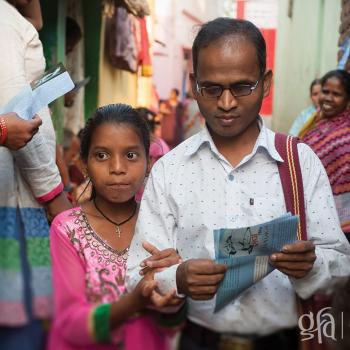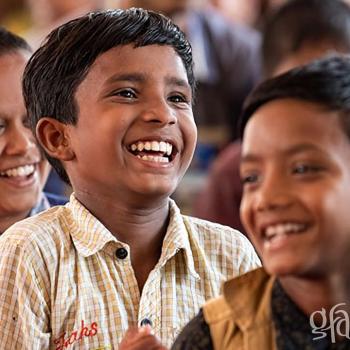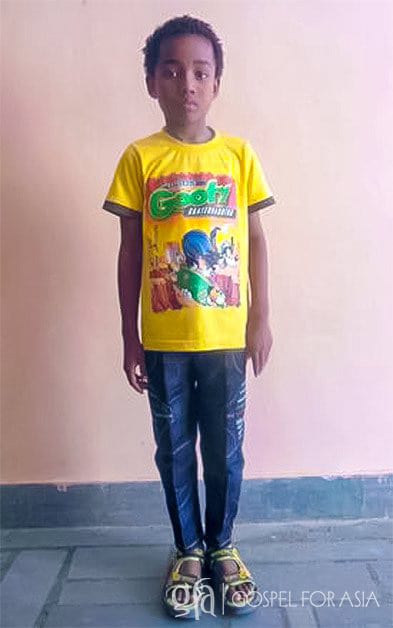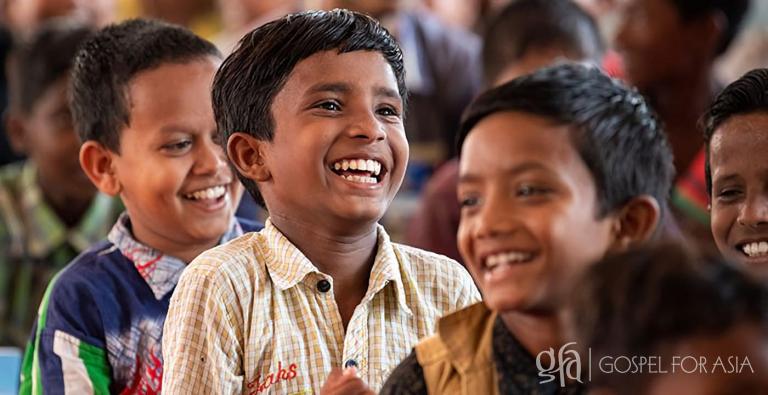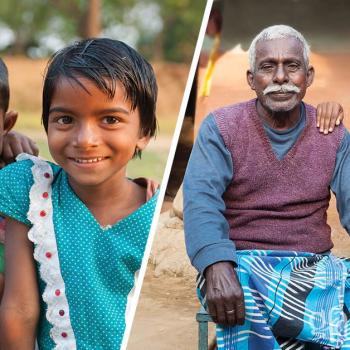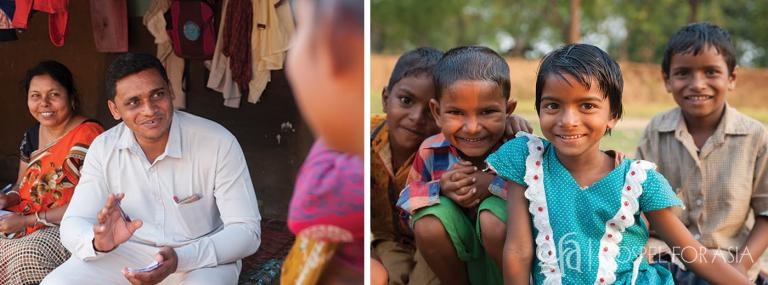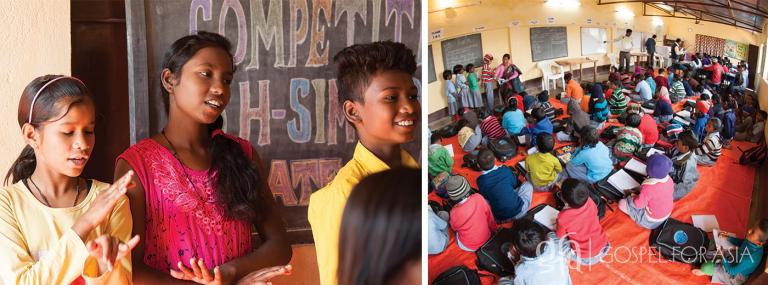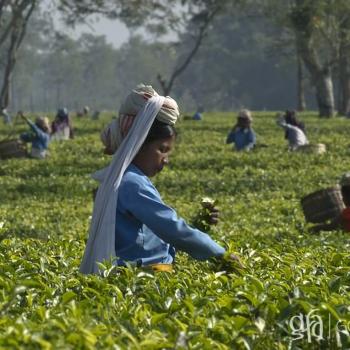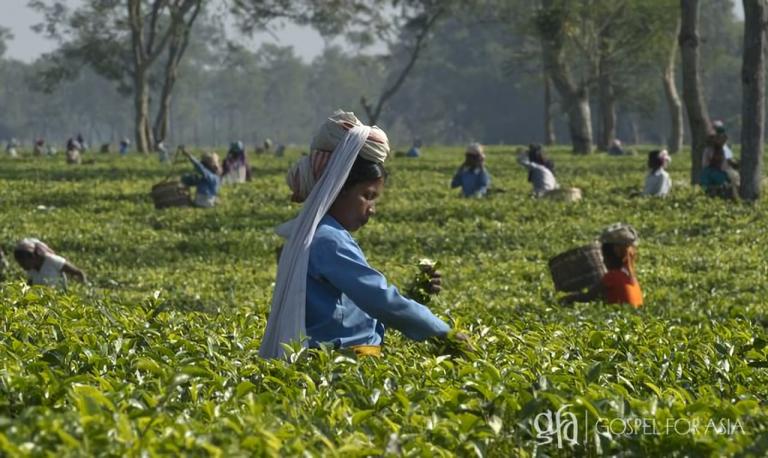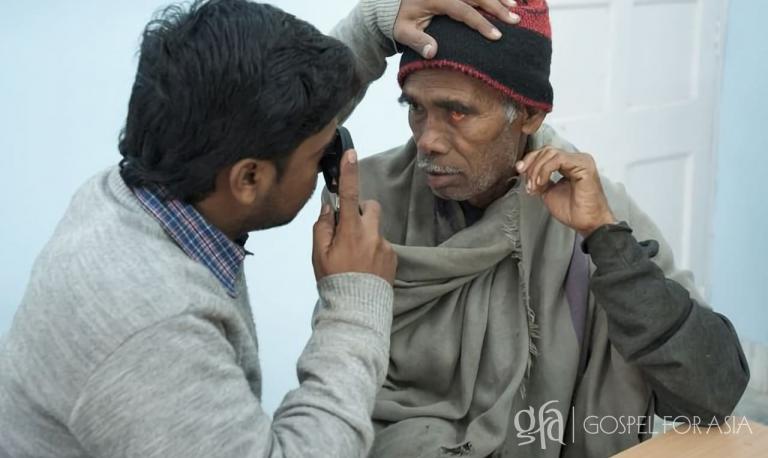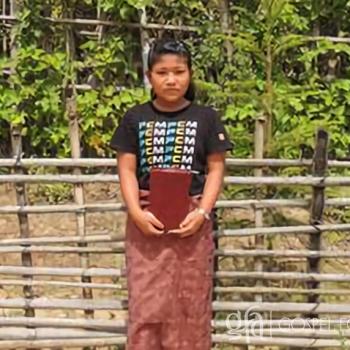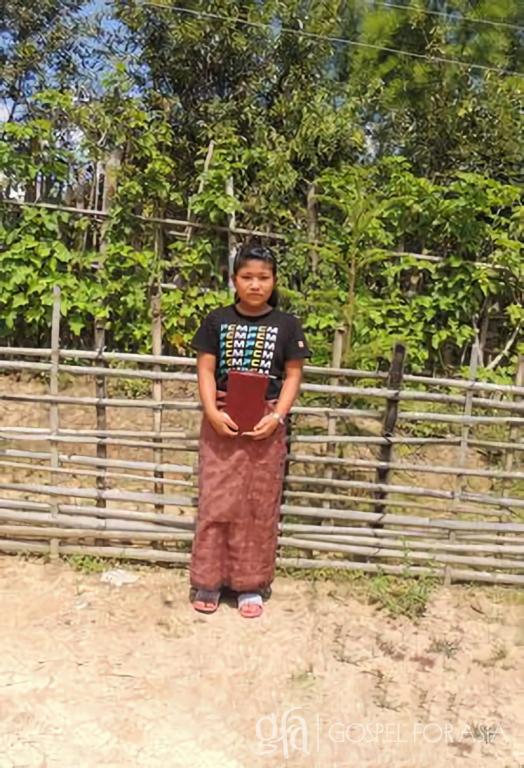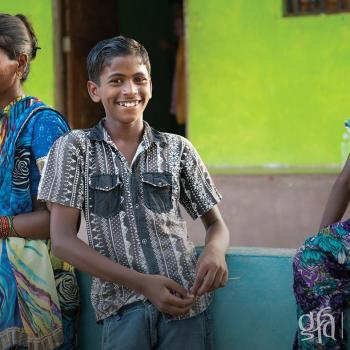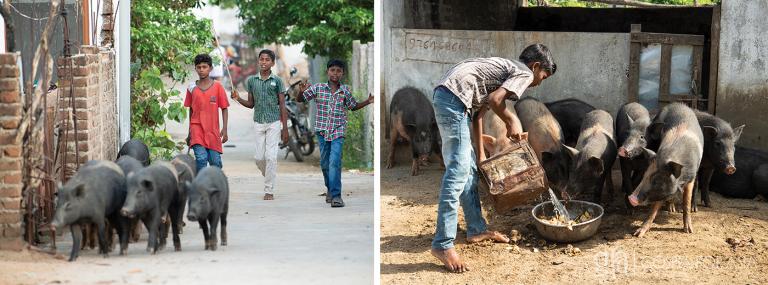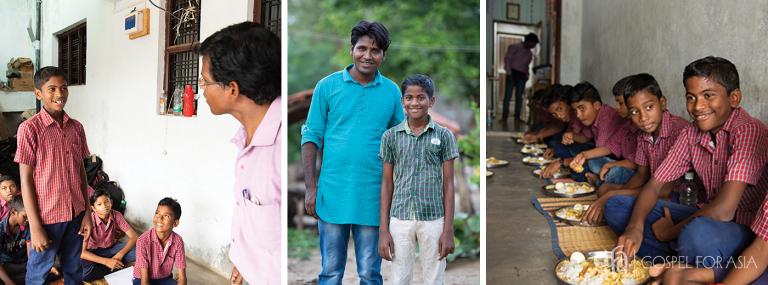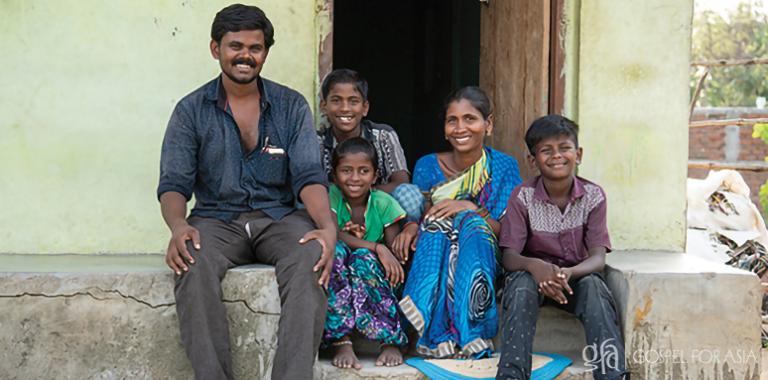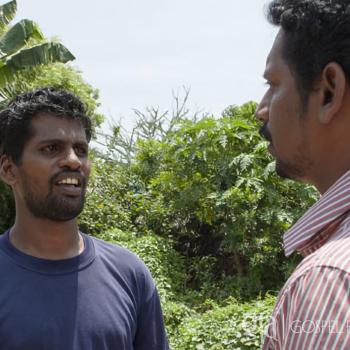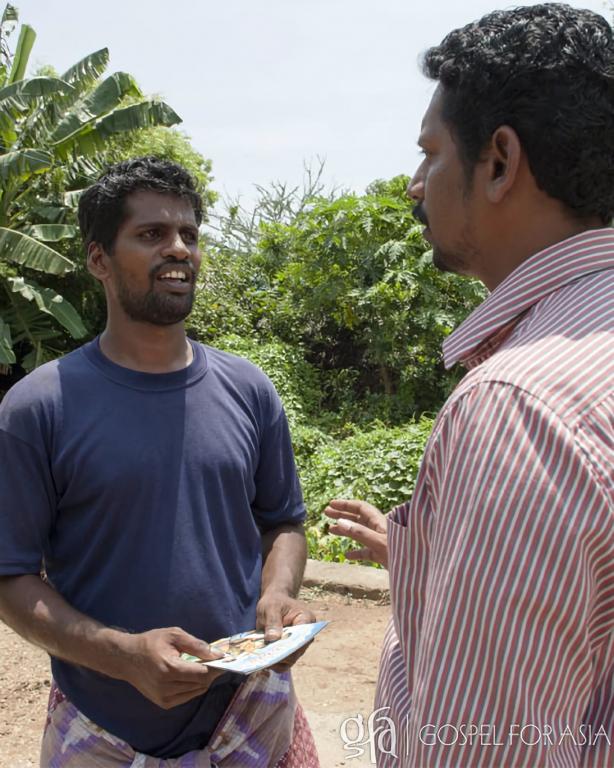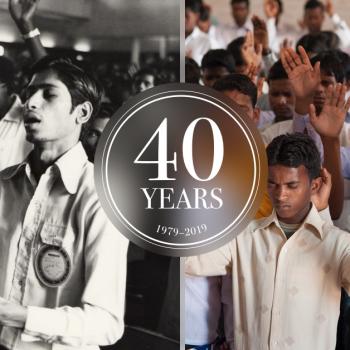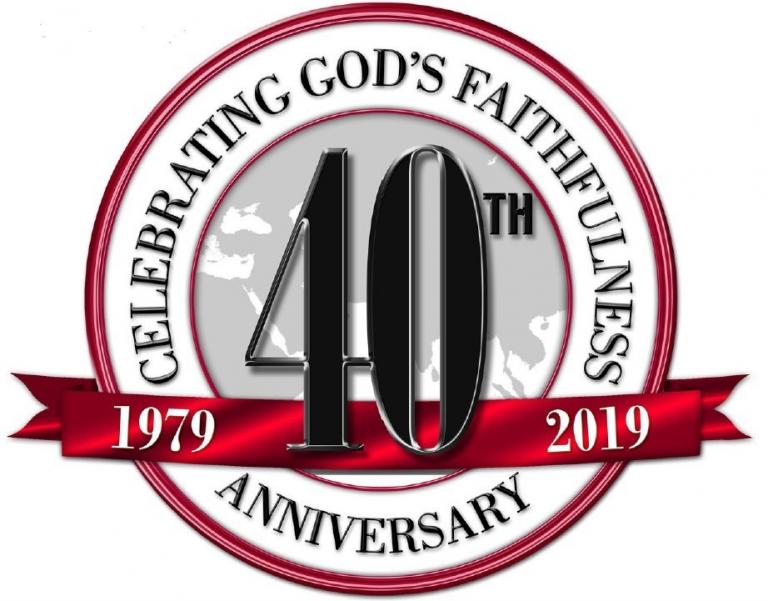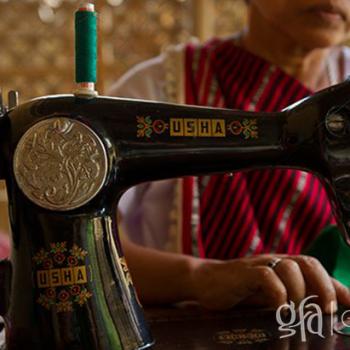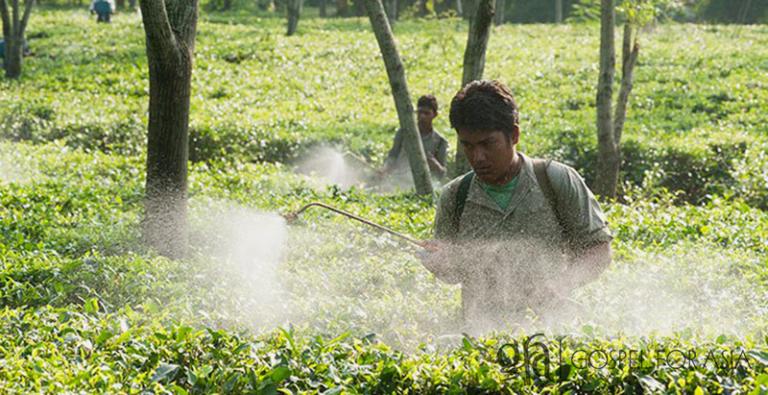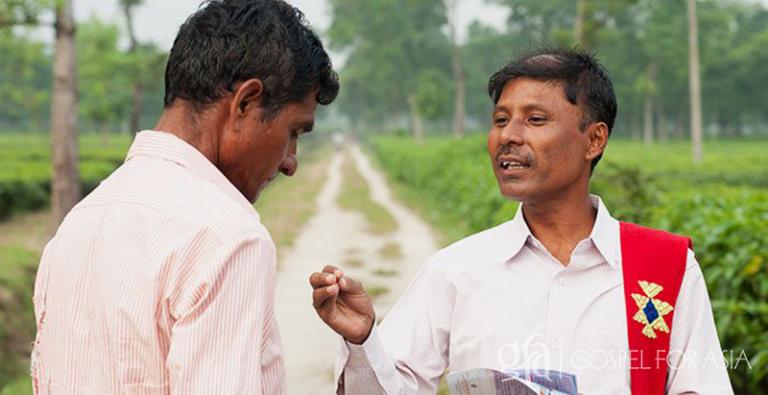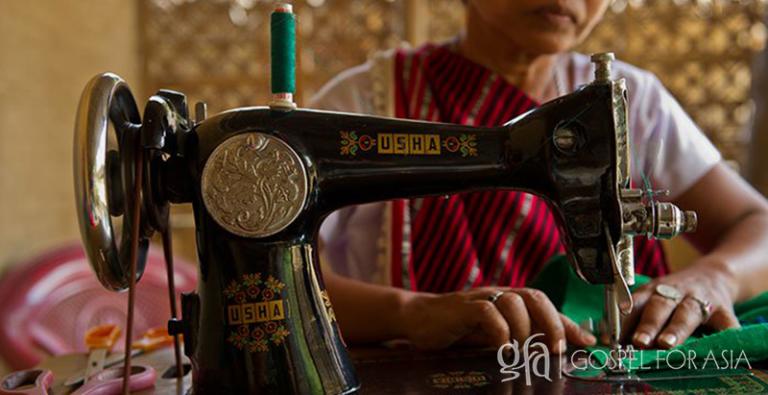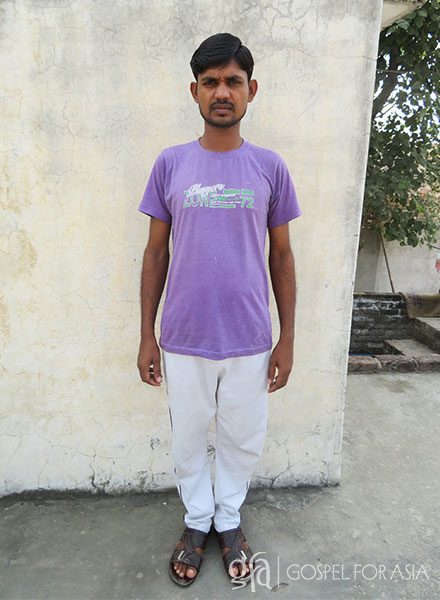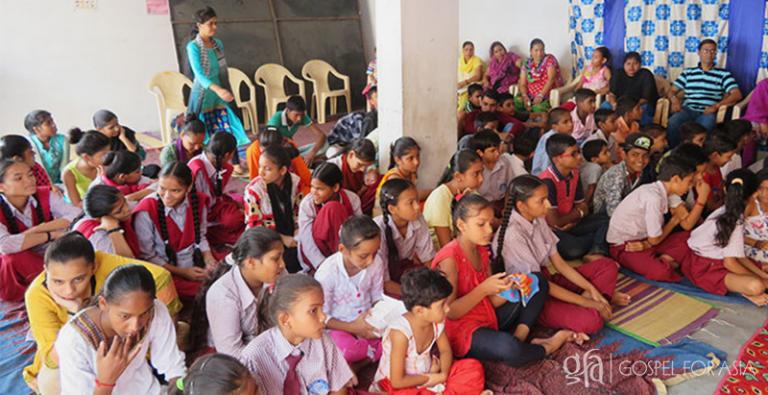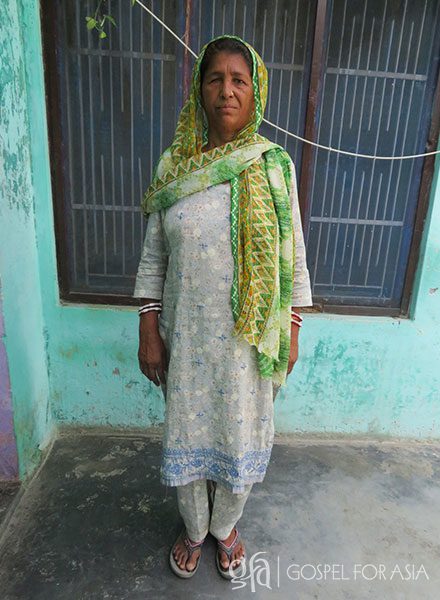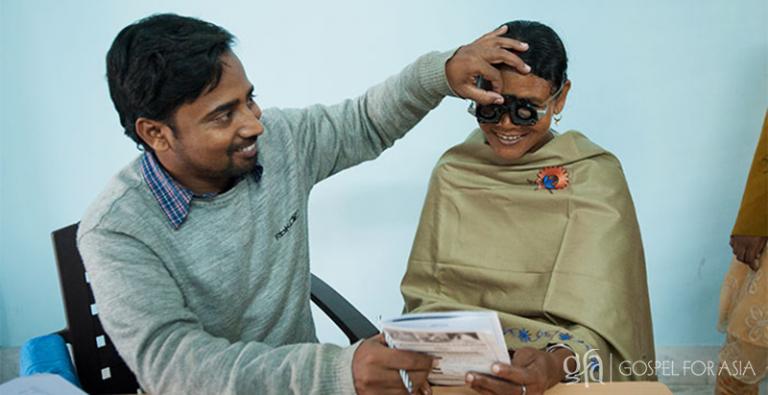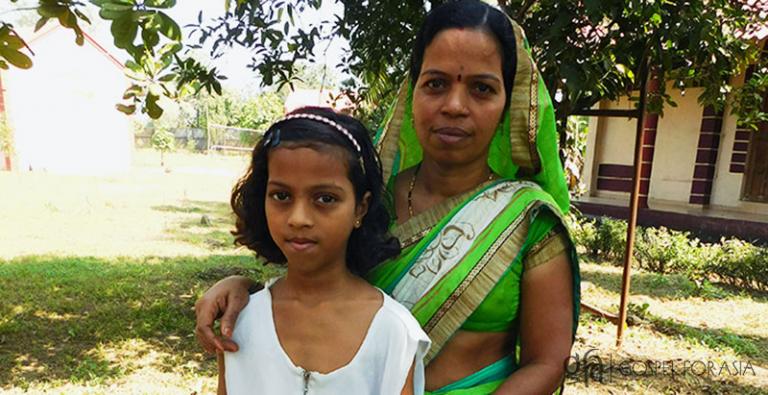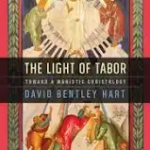WILLS POINT, TX – Gospel for Asia (GFA) – Discussing the life and experiences of a man named Ojas, who, despite severe persecution, losing his eyesight, his heart burns evermore in great joy to serve the Lord and love his fellow sufferers in this world.
As the bus drove away, Ojas saw his mother running behind, crying. He was leaving home. His new faith had brought them both enough abuse from his father.
Ojas was not simply running away from problems; he was heading straight into a life of more searing pain—and greater joys—because of Christ’s love.
New Life, New Suffering
Ojas had faced hardships since he was just a few years old, when he became blind. One day during his teenage years, he listened to a voice on the radio speaking about a God named Jesus. Hearing how Christ healed the sick, made the lame walk and gave sight to the blind, Ojas believed, and Jesus healed his eyes. Although Ojas’ eyesight wasn’t completely restored, he could see, and he put his trust in Christ.
Ojas’ father, however, was furious. As a priest of their traditional religion, he had dreamed his sons would one day follow in his footsteps. He derided Ojas for his new faith. But his piercing words paled in comparison to the torture he inflicted by beating Ojas’ mother for her son’s choice.
As abuse raged, Ojas heard a voice inside him telling him to leave. He sold some of his clothes for cash, got on a bus and left home. He headed to a place where he could learn more about the God he now trusted: Bible college.
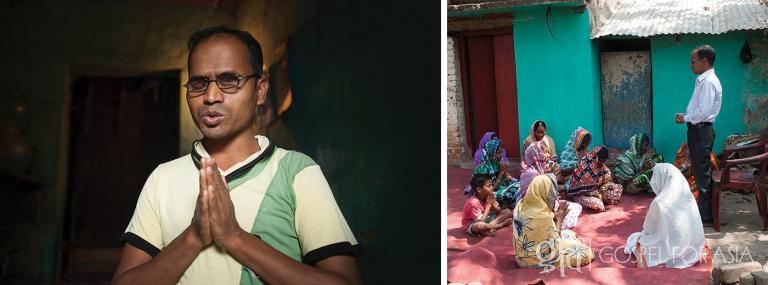
Trials, Vision and Perseverance
Far from escaping problems, Ojas faced continued challenges. With no financial support and limited vision, completing his studies was a battle. Worst of all, he worried about his mother, still at home facing his father’s rage.
As graduation approached, Ojas saw a vision telling him to serve Jesus in a place where nobody knew Him. He embraced this challenging call and moved to a region where people were often hostile to Christianity, though it would cost him dearly.
Ojas, though small in stature, had big dreams for suffering people to see Christ’s love. He found ways to serve people as Jesus would. He tutored children for free and encouraged young people to avoid the snares of substance addiction. Sometimes, if they couldn’t afford the expenses of further education, he would give students money to help pay for books and school fees. When people in the community fell sick, he visited them, prayed for them and took care of them. Through his prayers, Jesus healed many.
Ojas’ compassion and humility touched hearts. People became interested in Christ, and a number began following Him. Not everyone was excited, however.
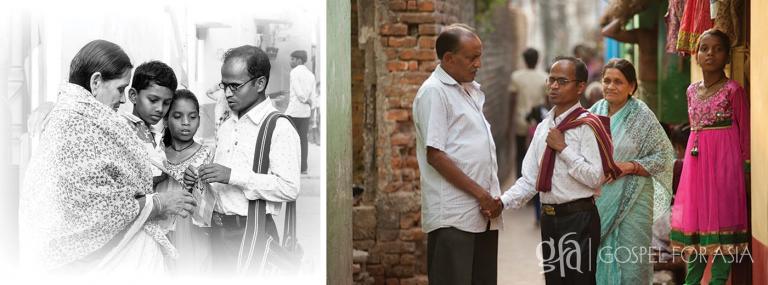
One day, a rich, tall man who was feared in the community asked the young pastor to visit. When Ojas went to his home, the man chased him around the house and beat him.
Another time, a gang of young men accosted Ojas by a river and beat him mercilessly. They were carrying him toward the riverbank to bury him alive when a local official came by. They fled, leaving Ojas severely wounded.
These violent incidents didn’t frighten Ojas. He continued loving people, even praying fervently for God’s mercy on his persecutors. But the heavy blows he received near his eyes left lasting damage. He began to lose the eyesight that God had previously restored. According to doctors, the head trauma he experienced gradually destroyed his eyesight. After several years, he became almost completely blind.
Joy Through Pain
Pastor Ojas’ vision loss limited his ability to travel, but he learned new ways to continue ministry, like praying for people over the phone. The Lord also raised up a helper for Pastor Ojas: his daughter, Sahasra. Sahasra would lead him by the hand and help him get on and off buses or rickshaws. She also helped him by singing, reading Scripture and collecting the offering during prayer meetings and worship services.
People noticed Pastor Ojas’ commitment even in suffering.
A local church member said,
“Pastor Ojas has been a source of encouragement not only for me but for everyone here in this place. He is … committed to work for unity and love. … Instead of lamenting his fate and getting pessimistic, he is continuing these things, going out for people’s love, unity and care.”
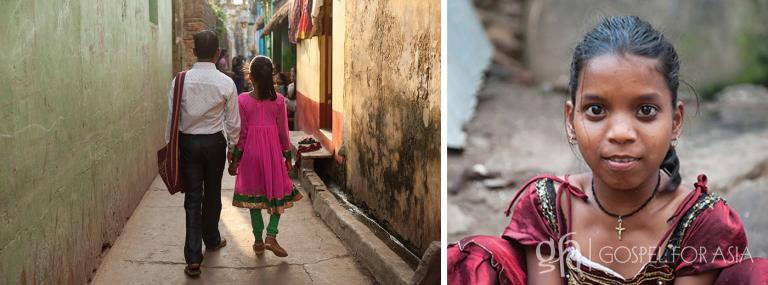
Over the years, Pastor Ojas’ lifestyle has impacted his community—and his family. His mother came to know Jesus, and his father’s heart softened over the years. After studying the Bible for himself, Pastor Ojas’ father believed in the Lord.
Now faith is burning from one generation to the next. Although Pastor Ojas didn’t follow his father’s dream for him, his father followed his example. And as Sahasra helps Pastor Ojas, she is gaining a passion to serve Christ herself.
“Whenever I see my father doing ministry, there is a burden in my heart,” she says, “and in the coming days, I will also be like my father and do ministry in many places.”
Although he’s experienced pain for loving Jesus and loving others, Pastor Ojas continues to pour out his life.
“Though I lost my eyesight, I am rejoicing in the Lord. It is a great joy for me to serve the Lord,” he says.
Sponsor a national missionary like Pastor Ojas
Source: Gospel for Asia Reports, Loving with Eyes Wide Open
Learn more about the National Missionaries and their passion to help the people in their nations understand Christ’s love through various ways.
Click here, to read more blogs on Patheos from Gospel for Asia.
Learn more about Gospel for Asia: Facebook | YouTube | Instagram | Sourcewatch | Integrity | Lawsuit Update | 5 Distinctives | 6 Remarkable Facts | Media Room | Poverty Solutions | Endorsements | 40th Anniversary | Child Labor | Lawsuit Response | 10 Medical Camp Facts |


